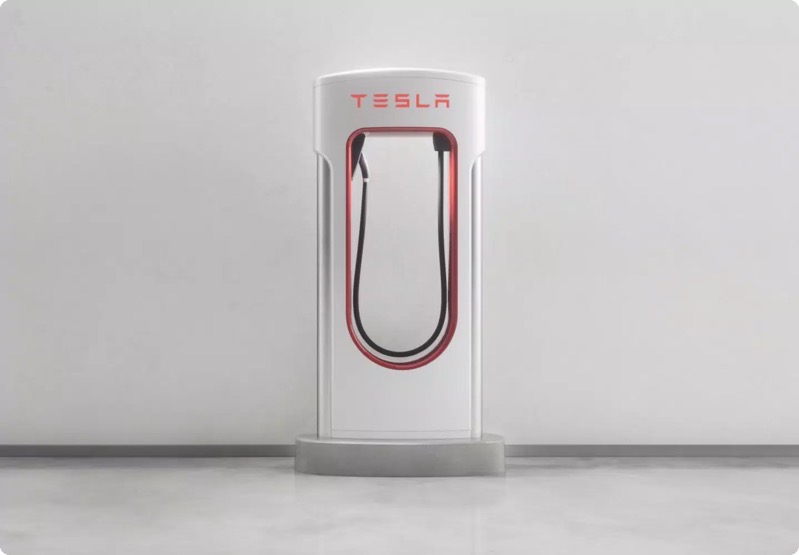Senators Urge Biden to Reverse ‘Buy America’ Waiver for EV Chargers

In a bid to prioritize domestic manufacturing, four Republican senators have called upon the Biden administration to revoke the waiver for ‘Buy America’ requirements granted for EV charging stations funded by the government.
The senators in question, Marco Rubio, Roger Marshall, Rick Scott, and Kevin Cramer, voiced concerns that the waiver, which affects U.S. content requirements for steel, iron, and construction materials, could lead to taxpayers effectively subsidizing products made in China, reports Reuters.
Senator Rubio expressed concern over the potential implications of this waiver, saying, “It hurts American companies and empowers foreign adversaries, like China, to control our energy infrastructure.”
The Federal Highway Administration, the body responsible for the waiver, has not yet provided an official comment. However, in a previous statement in February, the agency explained that this short-term waiver was necessary for immediate EV charger acquisition and installation.
Congress has designated $7.5 billion towards the funding of electric vehicle charging stations. According to the bipartisan infrastructure law established in 2021, federal infrastructure projects, such as EV chargers, are required to procure at least 55% of construction materials, including iron and steel, from domestic sources, and must be entirely manufactured within the United States.
These rules, implemented in February, do not enforce the 55% requirement until July 2024. The stipulation dictates that the chargers must be assembled in a U.S. factory.
The necessity for iron and steel in crucial parts of EV chargers, such as the internal structural frame, heating and cooling fans, and power transformers, has been highlighted. Chargers housed in cabinets require even more steel, making up to 50% of the total charger cost in some instances.
Challenges have been pointed out by U.S. states and companies that the global demand for EV chargers is putting pressure on the supply chain, making it challenging to meet ‘made-in-America’ standards and accelerate the construction of new chargers.
The Kansas Department of Transportation informed the Biden administration earlier this year that the capacity was insufficient to meet the rapidly expanding need for EV chargers, and noted that wait times for some electrical components could range from 60-80 weeks, even without considering the increased demand prompted by new federal funding.
